HP unveils a host of work-from-home hardware
New notebooks and desktops, as well as a low-blue-light monitor, comprise hardware to boost the remote working experience
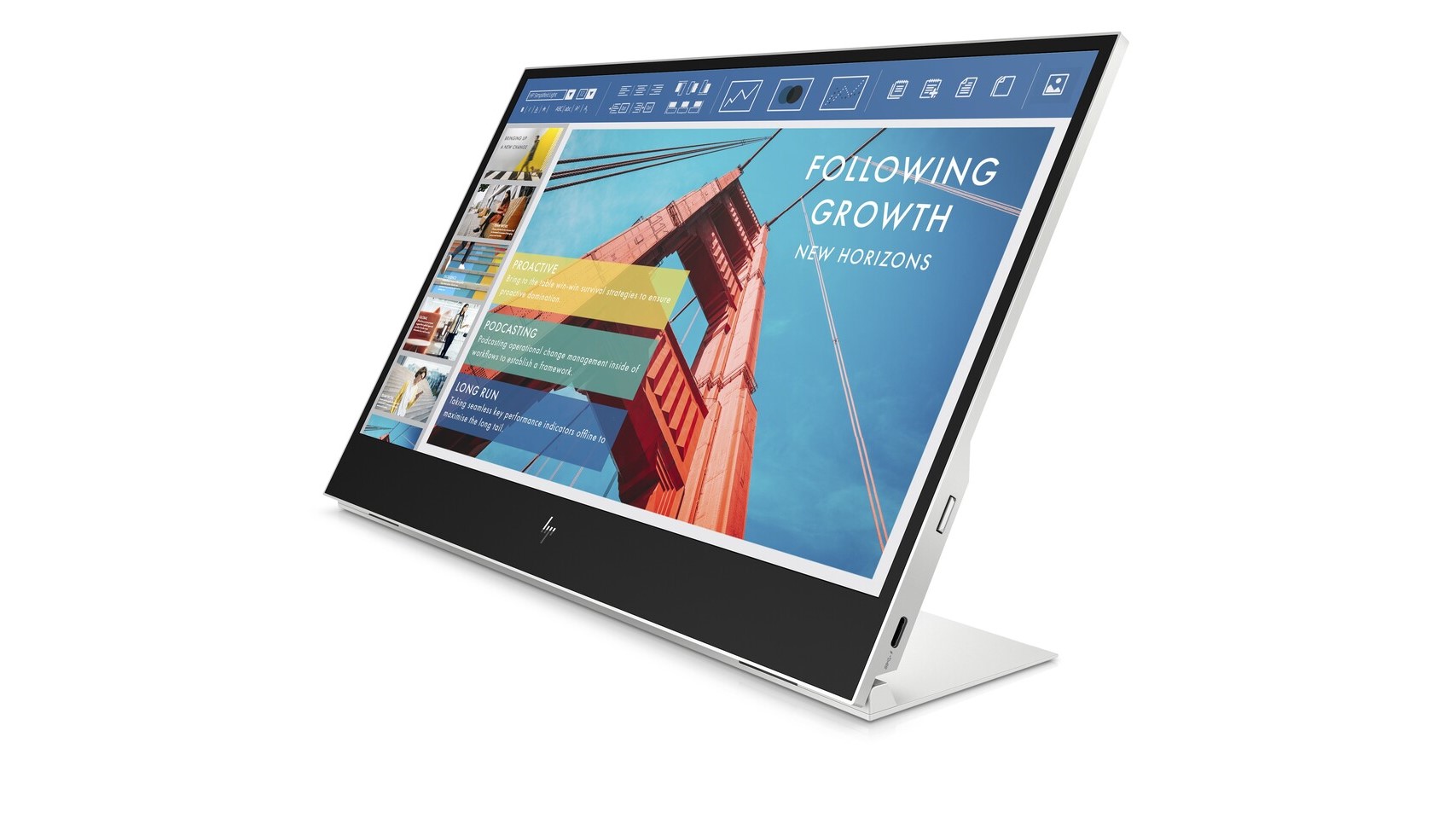

HP has introduced a swathe of new hardware designed to cater to workers working remotely, including additions to the EliteBook notebook and EliteOne series, as well as a mobile workstation and monitor.
With remote working having soared due to ongoing lockdown measures and set to continue after, the manufacturer has introduced several new notebooks including the EliteBook 805 series, EliteBook 800 G7 series, and the EliteBook x360 803 G7.
The 805 series claims to be thinnest and lightest AMD-based mainstream business notebooks, while also offering the world’s longest battery life in an AMD machine The EliteBook x360 830 G7, meanwhile, is fitted with 4x4 LTE antennas.
This is in addition to the HP ZBook Firefly 14 and 15 mobile workstations, both smaller and lighter than preceding generations. These machines are designed to offer power in a compact chassis, while “HP Z predictive algorithms” designed to improve the experience.
The latest EliteDesk 800 series desktops, meanwhile, include upgraded casing with added flexibility and expandability, but the feature most likely to appeal to remote workers is a low-blue-light and anti-glare display.
This line is spearheaded by the EliteOne 800 All-in-One G6 PC and comes in addition to the Collaboration All-in-One G6 with Zoom Rooms, a desktop with a dedicated Zoom Room appliance aimed at those who regularly engage in video conferencing.
The range includes the HP EliteDesk 800 G6 Desktop Mini PC, the HP EliteDesk 800 G6 Small Form Factor PC, and the EliteDesk 800 G6 Tower PC.
Get the ITPro daily newsletter
Sign up today and you will receive a free copy of our Future Focus 2025 report - the leading guidance on AI, cybersecurity and other IT challenges as per 700+ senior executives
Finally, HP claims its E-Series monitors are among the world’s first ergonomic monitors with always-on low-blue-light to prevent screen fatigue.
The latest hardware releases have coincided with a number of companies revealing their thinking as society begins to emerge from the coronavirus pandemic. Mark Zuckerberg, for example, has revealed that approximately half of Facebook’s employees will be permanently working remotely within the next ten years.
This is in addition to OpenText, which has pledged to close half its offices post-pandemic, as well as Twitter, whose workers have been told they can choose to work from home permanently once coronavirus has subsided.
With a string of companies in the tech industry, as well as other sectors, expected to follow suit in the coming weeks and months, it’s in this context that HP hopes to gain the upper hand with its new hardware options.

Keumars Afifi-Sabet is a writer and editor that specialises in public sector, cyber security, and cloud computing. He first joined ITPro as a staff writer in April 2018 and eventually became its Features Editor. Although a regular contributor to other tech sites in the past, these days you will find Keumars on LiveScience, where he runs its Technology section.
-
 AI is helping bad bots take over the internet
AI is helping bad bots take over the internetNews Automated bot traffic has surpassed human activity for the first time in a decade, according to Imperva
By Bobby Hellard
-
 Two years on from its Series B round, Hack the Box is targeting further growth
Two years on from its Series B round, Hack the Box is targeting further growthNews Hack the Box has grown significantly in the last two years, and it shows no signs of slowing down
By Ross Kelly
-
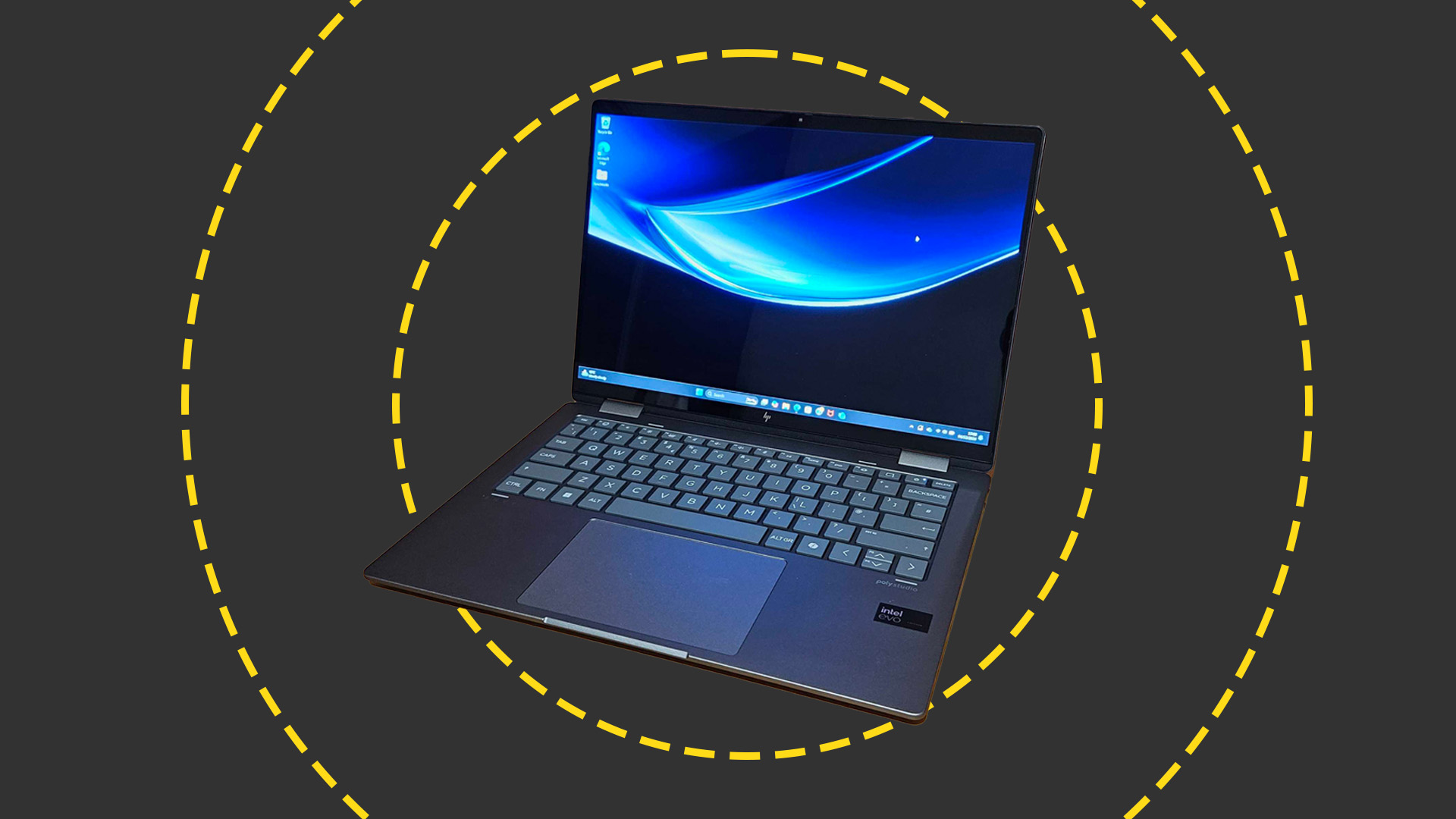 HP Envy x360 2-in-1 (14-FC0009NA) review: A cut-price AI PC for the enterprise
HP Envy x360 2-in-1 (14-FC0009NA) review: A cut-price AI PC for the enterpriseReviews The Intel-powered HP Envy x360 is a decent punt for its price point despite a few bugbears
By Keumars Afifi-Sabet
-
 Dell, HP post underwhelming returns as PC market remains in a state of flux
Dell, HP post underwhelming returns as PC market remains in a state of fluxNews Original equipment manufacturers (OEMs) are contending with an impending Windows 10 EOL and a burgeoning AI PC market
By George Fitzmaurice
-
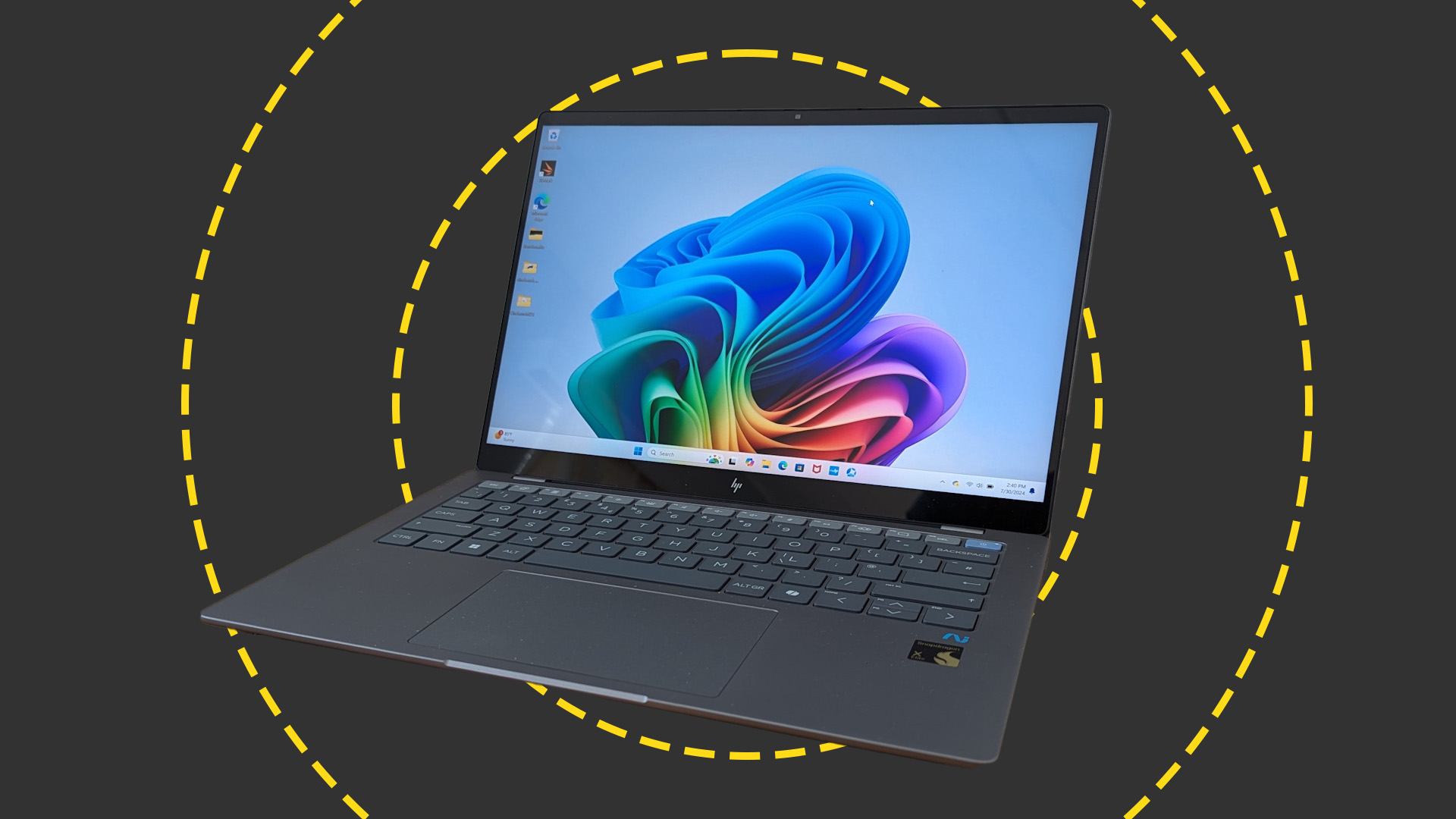
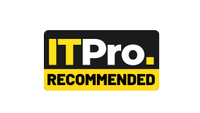 HP OmniBook X 14 review: Incredible battery life meets Copilot+ AI
HP OmniBook X 14 review: Incredible battery life meets Copilot+ AIReviews Ignore the slightly underwhelming screen and you have a brilliant thin-and-light laptop with AI capabilities and superlative battery life
By Stuart Andrews
-
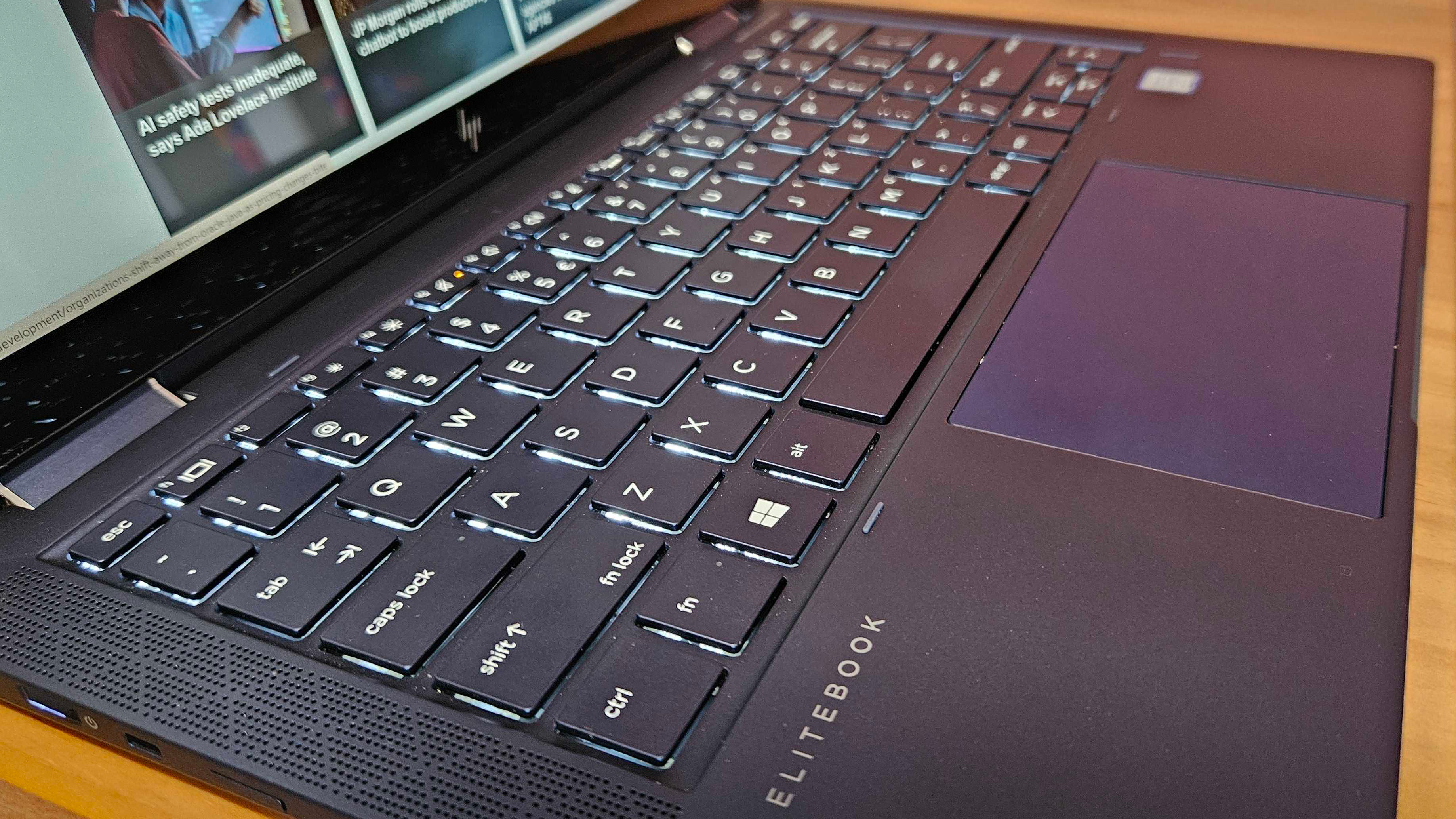 HP has scrapped its most compelling device as it aims for AI PCs — there is nothing like it left on the market
HP has scrapped its most compelling device as it aims for AI PCs — there is nothing like it left on the marketOpinion The HP Elite Dragonfly had everything you needed – a great battery, plenty of power, all the ports, and a fantastic display – until it was killed off
By Keumars Afifi-Sabet
-
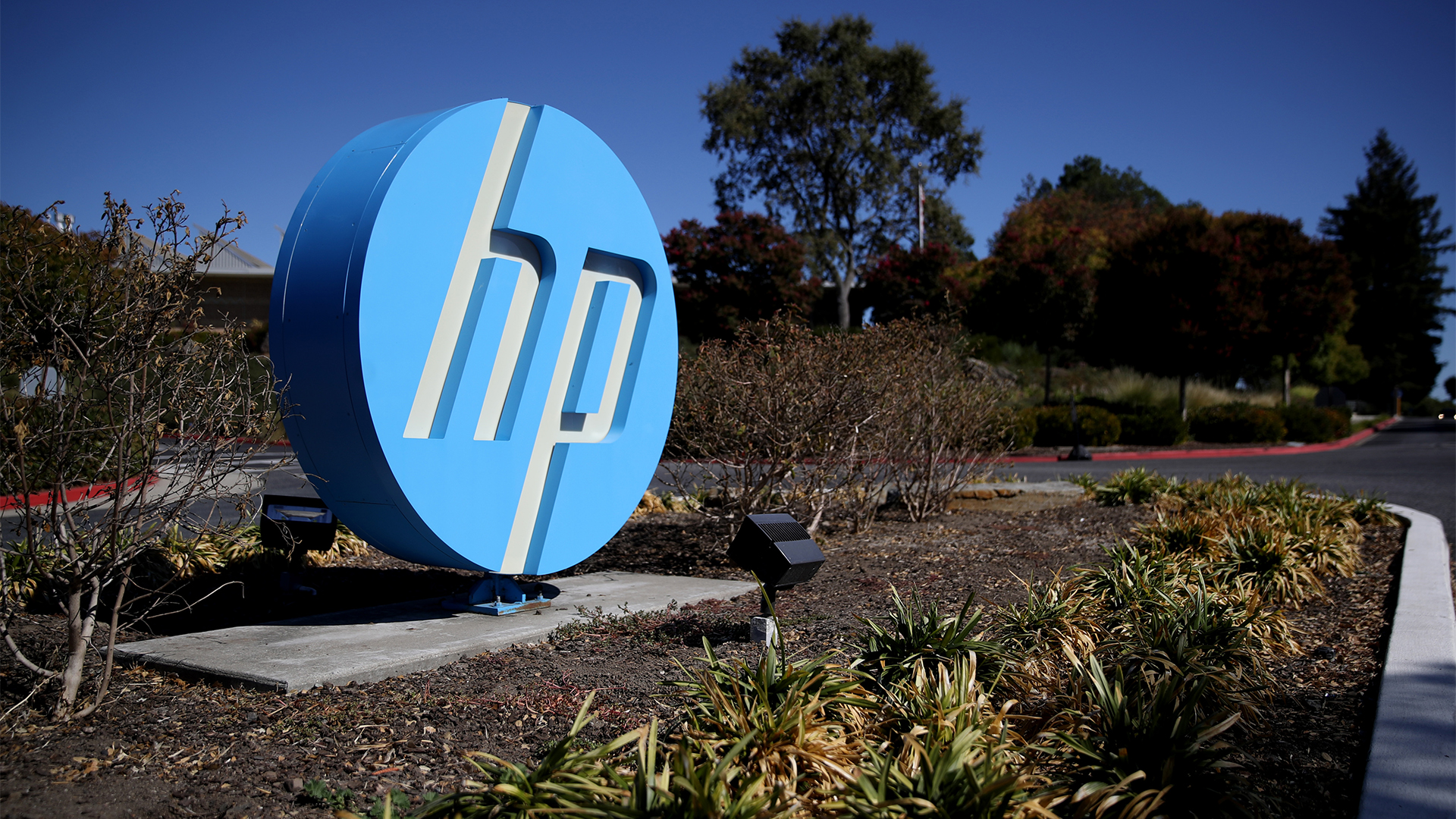 HP shows the AI PC ecosystem is starting to bear fruit — is it time for businesses to take note?
HP shows the AI PC ecosystem is starting to bear fruit — is it time for businesses to take note?Analysis The era of the AI PC may soon be upon us as software vendors start to realize the potential value of processing AI workloads locally
By Solomon Klappholz
-
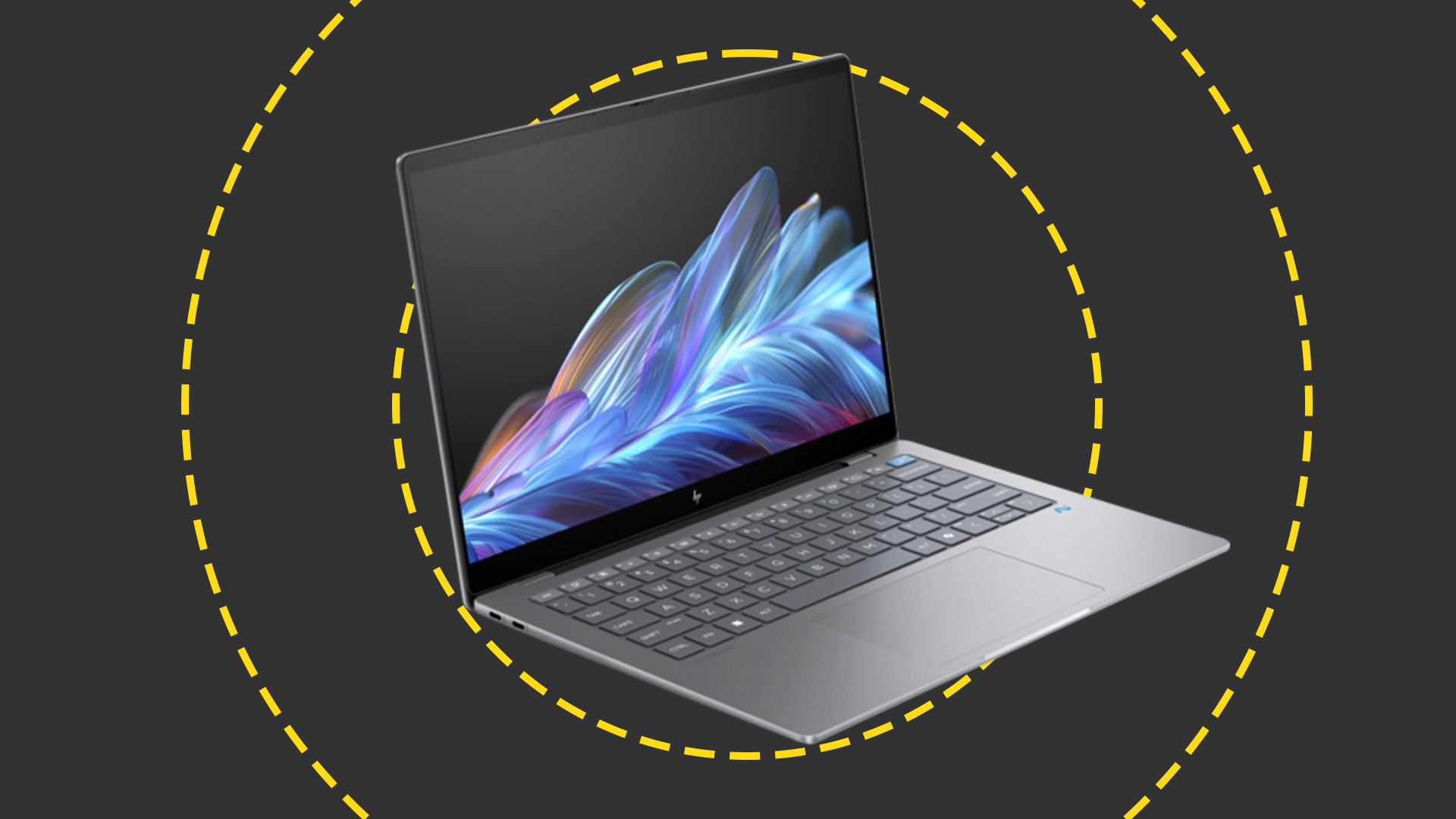 HP caps off its PC overhaul with the launch of the OmniBook Ultra 14 – its most powerful AI-powered laptop to date
HP caps off its PC overhaul with the launch of the OmniBook Ultra 14 – its most powerful AI-powered laptop to dateNews With the HP Dragonfly, Spectre, and Envy brands ditched in sweeping restructure of device portfolio, the OmniBook Ultra 14 marks the first major step into the era of the AI PC
By Solomon Klappholz
-
 HP just launched the world’s first business PCs designed to protect firmware against quantum hacking
HP just launched the world’s first business PCs designed to protect firmware against quantum hackingNews HP is worried about quantum security risks, so it’s upgrading devices to contend with future threats
By Ross Kelly
-
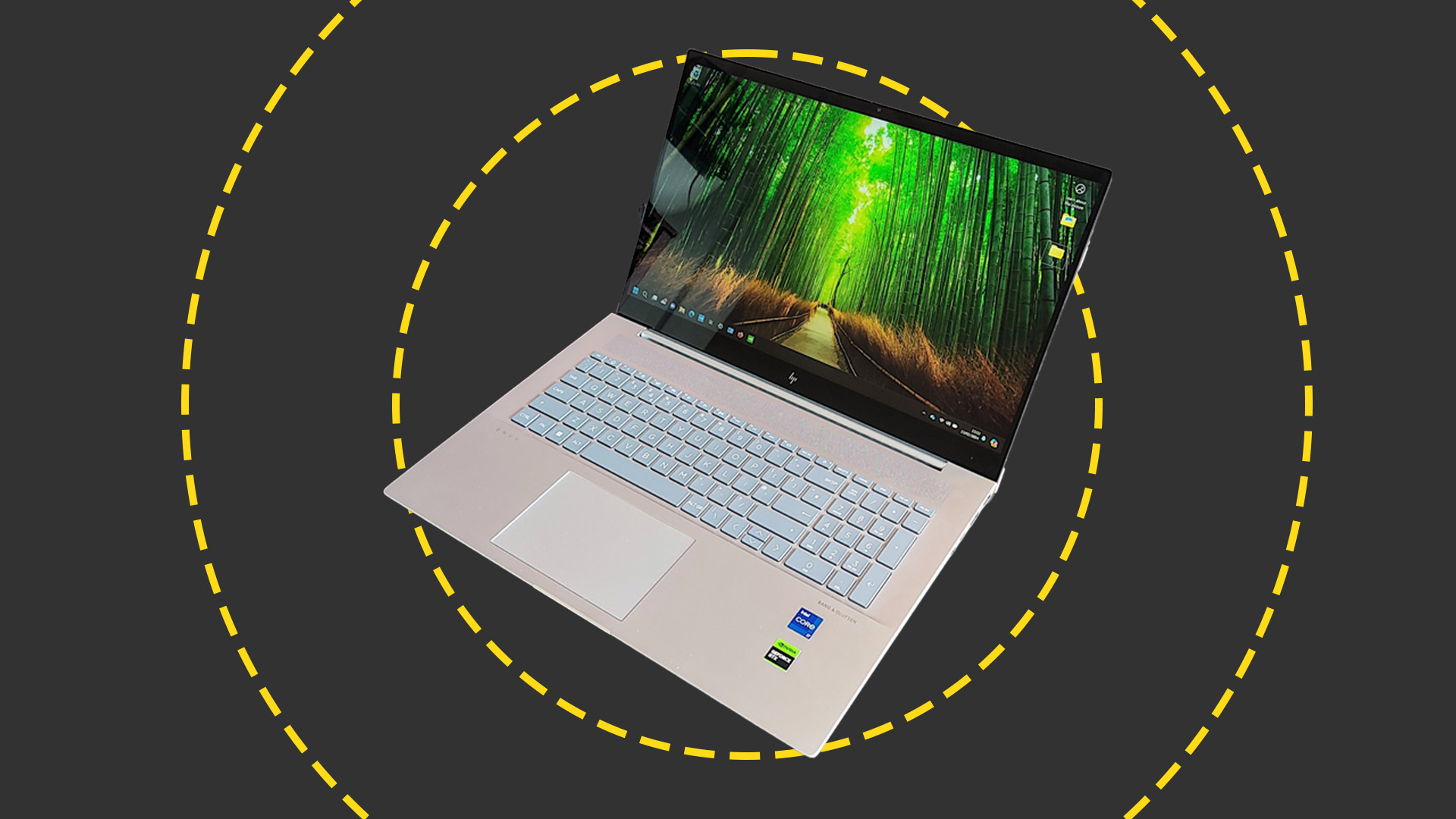 HP Envy 17 review: An affordable big-screen workstation replacement
HP Envy 17 review: An affordable big-screen workstation replacementReviews With the option of Nvidia graphics and a 4K display, the HP Envy 17 is a versatile yet affordable big-screen laptop
By Alun Taylor